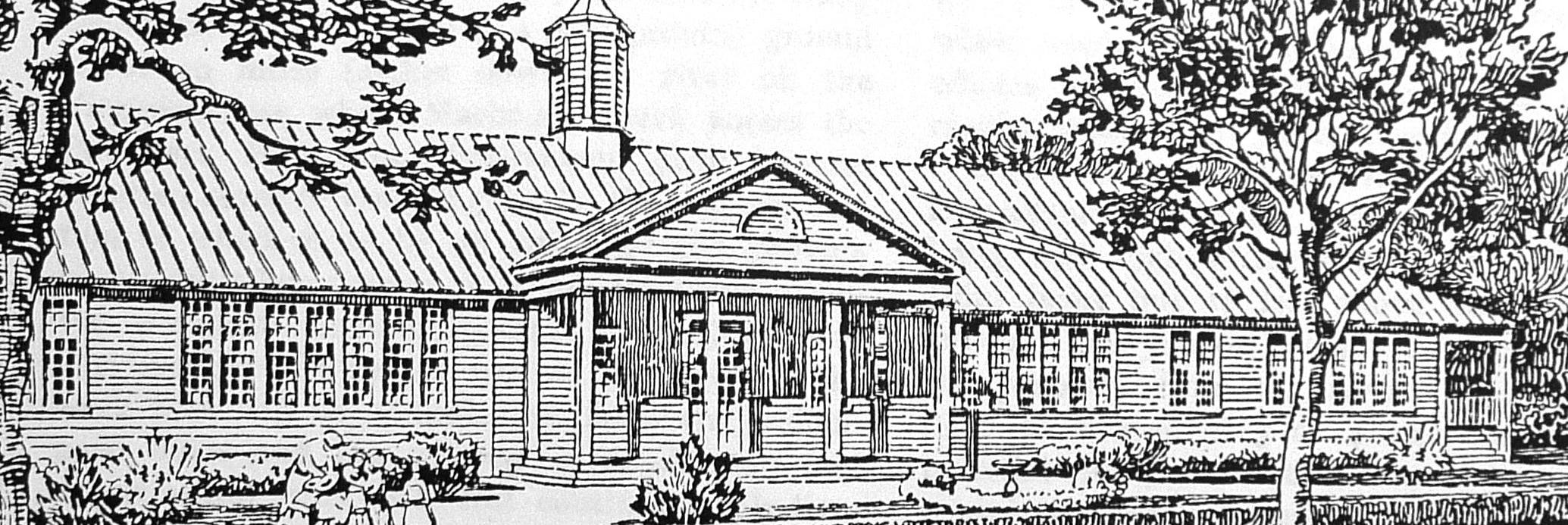Daily Ceremonies:
Everyday, a number of activities are performed by the Khuddam (servant of Islam) of Hazrat Khawaja Ghareeb Nawaz at the Dargah. These include Khidmat, Roshnee, Langar, Karka, Sama Qawwali, and Qur’an recital.
1. Khidmat (Service): Khidmat means cleaning and offering fresh flowers to the Holy Mazar (tomb). Khidmat is performed twice a day, one in the early morning around 4.00 a.m., an hour before the Fajr Namaz (morning prayers), and the other at 3.00 p.m. In the morning, the main entrance of the Tomb is opened, on the call of the Azan. At this time only Khadims are allowed to enter to perform khidmat. At the time of the second, all devotees/pilgrims are permitted inside the Tomb to perform Khidmat, except ladies. Now apart from offering flowers, khadims recite Fateha (a type of prayer) and sandalwood if offered to the tomb which is also distributed among the pilgrims later.
2. Roshnee (Lighting): The ritual of Roshnee takes place every day before the evening prayers. Roshnee starts with bringing candles inside the ...
More
Daily Ceremonies:
Everyday, a number of activities are performed by the Khuddam (servant of Islam) of Hazrat Khawaja Ghareeb Nawaz at the Dargah. These include Khidmat, Roshnee, Langar, Karka, Sama Qawwali, and Qur’an recital.
1. Khidmat (Service): Khidmat means cleaning and offering fresh flowers to the Holy Mazar (tomb). Khidmat is performed twice a day, one in the early morning around 4.00 a.m., an hour before the Fajr Namaz (morning prayers), and the other at 3.00 p.m. In the morning, the main entrance of the Tomb is opened, on the call of the Azan. At this time only Khadims are allowed to enter to perform khidmat. At the time of the second, all devotees/pilgrims are permitted inside the Tomb to perform Khidmat, except ladies. Now apart from offering flowers, khadims recite Fateha (a type of prayer) and sandalwood if offered to the tomb which is also distributed among the pilgrims later.
2. Roshnee (Lighting): The ritual of Roshnee takes place every day before the evening prayers. Roshnee starts with bringing candles inside the tomb with the drums beating in the background. The candles are placed in the lamps by the Khadims along with the recitation of Persian verse. In the end, the lamps are set in the four corners of the tomb and lighted.
3. Karka (Closing ceremony): Karka is the ceremony performed every day after an hour of the Isha Namaz (last prayer of the day) to close the tomb.
According to the old customs and rituals followed in the Dargah, 20 minutes before closing the door of the tomb, when the fifth part of the night has passed, a person calls to ring five, the clock sounds five times, and the devotees present inside the Tomb are requested to go out of the Shrine. After this, three khadims (servants of Gharib Nawaz) clean the tomb. They ring the bell six times after they finish cleaning. After this Qawwalis or devotional songs are sung. The entrance of the Tomb is finally closed after the Qawwals finish the Qawwali.
4. Langar (Free Food): Langar (free distribution of food) is a daily activity in Dargah Sharif during which the Khidmatgars serve wheat porridge. It is cooked in a grass pot. This porridge is special because it is the same that Gharib Nawaz Moin-ud-din Chisti used to consume. It is also said that whenever King Akbar visited Ajmer Sharif Mazar (tomb), he used to stand in a queue and take the Langer like any other ordinary man. Langer is distributed every day after Isha Namaz (night prayer). On the occasion of Urs, Kheer (a sweet dish) is cooked in large quantities and distributed amongst the devotees.
5. Sama (Devotional Music): Qawwalis or devotional songs are sung in front of the shrine at the dargah. These songs, a form of Sufi Islamic music, are sung in the praise of God and His messenger by singers known as Qawwals. The songs are accompanied by musical instruments and rhythmic clapping of hand. Qawwalis are usually sung after Fajr (morning prayers), Maghrib (evening prayers) and Isha (night-time prayers) namaz, in a gathering known as the Mehfil-e-Sama. Qawwali is also sung after the ‘Karka’ or the closing ceremony.
6. Qur’an Recitation: In the Dargah, there is daily recitation of the Holy Qur’an, which takes place inside the mosques there.
Weekly Ceremony:
Khutbah: Khutbah is a weekly religious preaching that takes place every Friday. In this preaching, verses of the Qur’an are explained and the stories or incidences related to the Prophet’s life are narrated. The people are advised to lead their lives according to the path shown by Islam and the Prophet.
Less

